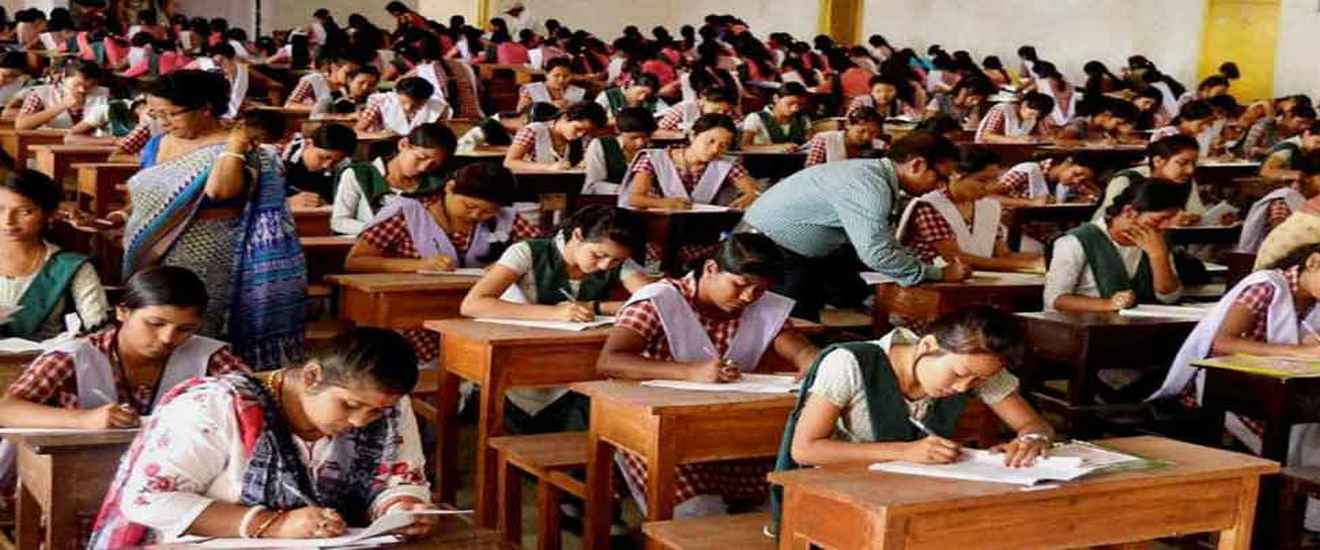Analysis
COVID Coverage: Board Exams – June 22nd
Certain petitions were filed challenging the cancellation of board examinations, all of which were dismissed by the Supreme Court.

Court Dismisses Petitions Challenging Cancellation of Board Exams
The hearing began with an exchange between the Bench and Mr. Gupta, a school teacher. His argument regarding physical exams being possible to conduct was on the grounds of CLAT and NEET being conducted physically. The Bench rejected this argument on the grounds of the scale being vastly smaller in the case of NEET and CLAT when compared to board exams for all 12th class students.
Senior Advocate Vikas Singh (on behalf of the intervenors) suggested that the school should be given the choice as to whether to hold an optional exam or not which the Bench rejected, stating that the choice must be given to the students. The Senior Advocate also suggested that the students be made to choose whether to give the optional exam or not prior to the announcement of the internal assessment aggregation, which the bench rejected as being prejudicial to the students by limiting their choice.
A significant discussion was had on the possibility of the third wave and how that may cause uncertainty by affecting the future optional exam. This uncertainty was also said to possibly affect the college admissions for the students. The Attorney General in response stated that the UGC would wait for all the results from the various school boards and direct the colleges to hold off on their admission processes until the UGC gives them the signal.
The bench then asked the Attorney General to address the concerns raised by Vikas Singh in the previous hearing. With reference to variance in the ICSE and CBSE scheme, he replied saying both were independent bodies alongside 32 different state boards and a uniform policy is an impossibility. Regarding the necessity of taking the schools previous aggregate performance from years prior, the Attorney General provided the formula of total marks divided by total students and how the variance between the years was negligible. On the possibility of manipulation of marks under the CBSE scheme, the Attorney General submitted that the results committee in charge of moderation is required to give a rationale behind any decisions they make.
Advocate Abhishek Choudhary appeared and argued for the cause of second compartment students being treated differently from students appearing normally for the examinations. Citing Om Prakash & Anr v State of U.P. he argued that such treatment would not qualify as a balancing of interests and that such schemes would harm the right to livelihood of second compartment students under Article 21 as the students have not been reasonably classified. The Bench responded saying that the UGC directives would account for both private and second compartment students, eliminating any problems.
In their order, the bench accepted all of the Attorney General’s submissions. The order also provides that the examinations will be held in the timeframe between August 15th and September 15th so that the results may come at the earliest and the students can pursue college admissions. The UGC will notify colleges to consider the second set of results from the optional/improvement examination as well. The Bench found no reason to interfere with the schemes from the ICSE and CBSE and found them reasonable. The petitions were disposed of.